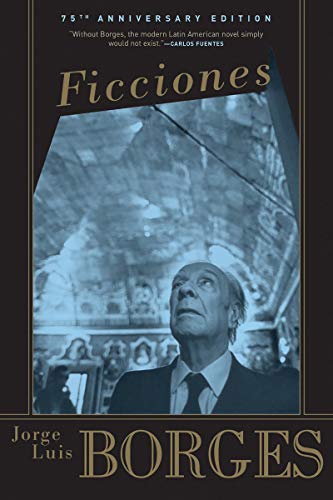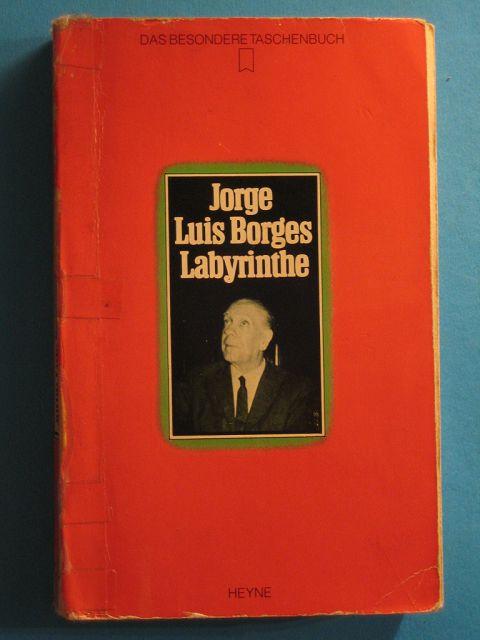
Albert and consequent postponing of an Allied strike. Alberts house - apparently converge upon a single purpose: the murder of Dr. An example of Borges' treatment of fate is the story The Garden of Forking Paths, where all the seemingly unrelated events of Yu Tsun's life - his ancestor's manuscript, his being chased by Captain Madden, the loitering boys directing him to Dr. The other side of free will, typically seen as its antagonist, is the notion of fate, or the design of events by powers external to the person acted upon by said events. If all of our experiences are the results of external agents - be they other people, God, fate, or quantum mechanics -then do we have free will? Or, is the question not even relevant at this point? Borges routinely creates situations posing questions such as these.

A prime example of this is The Lottery in Babylon, where a secret society that spawns out of a lottery ends up dictating all events of the lives of Babylonians. One component of Borges' labyrinth motif is how significant our capacity to choose is, if it exists at all.

If two authors come to the same words in different ways, is the product the same or different? Free Will How are we able do determine what something is, and distinguish that thing from others? Borges routinely plays with notions of what makes something unique, as exemplified in A Survey of the Works of Herbert Quain, the plot of which concerns Herbert Quain trying to write Cervantes' novel Don Quixote verbatim from his own life experiences. These notions of alternate paths with intersections and potentially inevitable outcomes enable one to meditate on what precisely our ability to choose accomplishes, and if free will and fate are mutually exclusive. It is also unclear when one exits the labyrinth if that was the only exit, or if different paths lead to different exits.

From within a labyrinth, it is virtually impossible to conceive of the maze's overall structure one can take many different paths which lead to the same place, even if there are some dead ends. These labyrinths are not always literal in their meaning: for example, in A Survey of the Works of Herbert Quain, the labyrinthine nature of The God of the Labyrinth appears to come more from the structure of the book's false ending than the actual substance of the plot (108).Īs a symbol, the labyrinth is ideal for tackling concepts of free will and fate, which Borges is fond of treating. Labyrinths show up repeatedly in Borges' stories, particularly in his collection The Garden of Forking Paths.

Borges comments on and imagines various fictions of metaphysics in order to compel the reader to more closely examine the fabric of reality. In philosophy, the term "metaphysics" refers to universal laws governing the structure of reality.


 0 kommentar(er)
0 kommentar(er)
